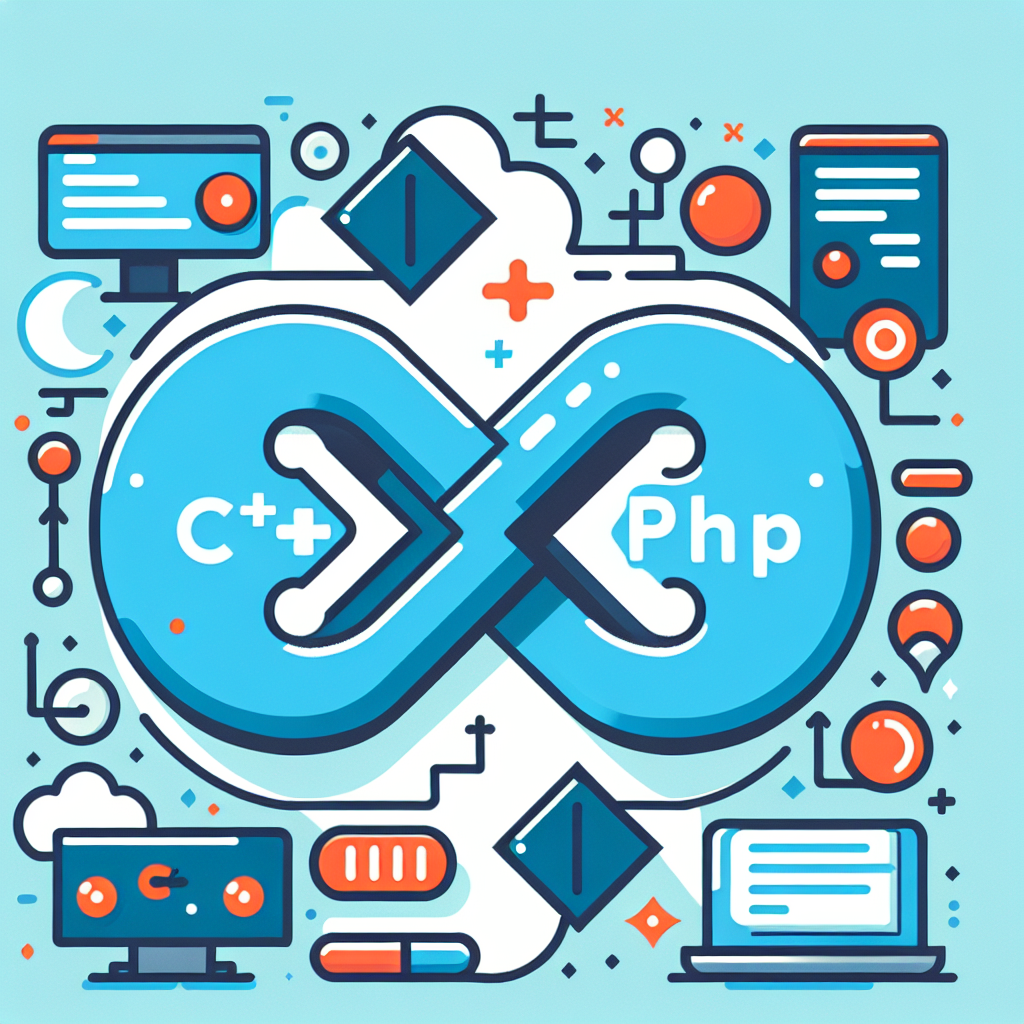Convert C++ to PHP: Effortless Code Translation Tool
Effortlessly convert C++ code to PHP with our tool. Enhance your projects flexibility and performance. Fast, reliable, and perfect for developers. Try now!
Source Code
Converted Code
Output will appear here...
The C++ to PHP Converter is an essential tool for developers seeking to seamlessly transition their applications from C++ to PHP. It simplifies code conversion, ensuring efficient functionality and faster deployment. Perfect for web developers and software engineers, this tool enhances productivity and aids in maintaining code consistency. LSI Keywords: code transformation, programming language conversion, developer tool, web application development.

C++ to PHP Conversion Tool Link to this section #
Efficiently transform your C++ code into PHP with our specialized tool. Whether you're migrating projects or learning cross-language translation, this tool is designed for seamless code conversion. It caters to developers seeking a streamlined process and improved productivity.
Key Features: Link to this section #
- Automated Conversion: Instantly translates C++ syntax into PHP, saving time on manual rewriting.
- Syntax Mapping: Accurately maps C++ constructs to PHP equivalents, ensuring logical consistency.
- Error Detection: Highlights potential conversion issues and suggests PHP-compatible solutions.
Benefits: Link to this section #
- Time-Saving: Reduces the time required for code translation, allowing developers to focus on functionality.
- Increased Efficiency: Automates repetitive tasks, enhancing overall workflow.
- Cross-Language Compatibility: Facilitates understanding and utilization of both C++ and PHP paradigms.
Example Conversion Link to this section #
Here's a simple example to illustrate the conversion:
C++ Code:
#include<iostream>
using namespace std;
int main() {
cout << "Hello, World!" << endl;
return 0;
}
PHP Code:
<?php
echo "Hello, World!\n";
?>
How It Works: Link to this section #
- Input C++ Code: Paste your C++ source code into the tool.
- Process: The tool parses the input, identifies constructs, and generates equivalent PHP code.
- Output PHP Code: Copy the resulting PHP code for further development or deployment.
Additional Resources: Link to this section #
This tool is an invaluable asset for developers transitioning between C++ and PHP, ensuring code integrity and reducing error rates. Perfect for educational purposes, project migration, or learning cross-language compatibility. Explore the potential of C++ to PHP conversion today!
Frequently Asked Questions
How can I integrate C++ code with PHP?
You can integrate C++ code with PHP using PHP extensions written in C++, or by using the PHP-CGI executable to call C++ programs through system commands. Another approach is to use PHP's FFI (Foreign Function Interface) to call C++ functions directly if they are exposed as shared libraries.
What are the key differences between C++ and PHP?
C++ is a statically typed, compiled language often used for system/software development, while PHP is a dynamically typed, interpreted language primarily used for web development. C++ offers greater control over system resources and performance, whereas PHP simplifies web application development with built-in functionalities for handling HTTP and working with databases.
Can I directly convert a C++ application to PHP?
Directly converting a C++ application to PHP is not feasible due to differences in language paradigms, execution models, and typical use cases. However, you can rewrite the application logic in PHP, especially if it's being transitioned for web use, while considering design patterns and architecture suitable for PHP.